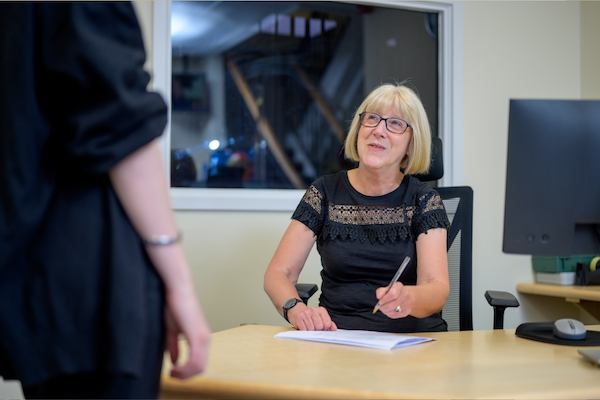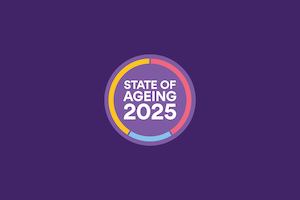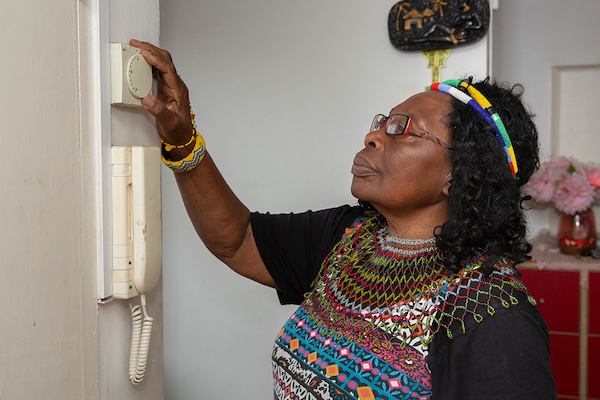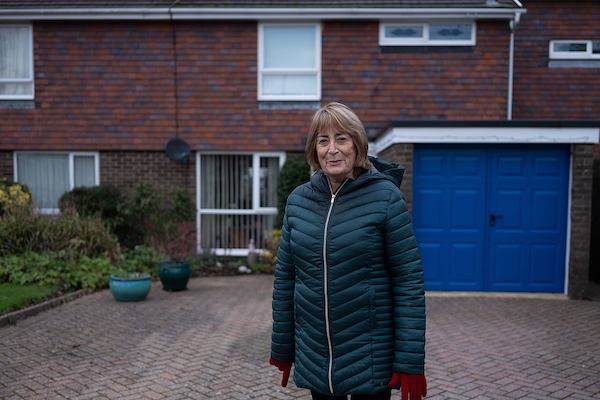Dr Carole Easton OBE has told MPs on the Work and Pensions Committee any major decisions about pension age, and pension entitlement, should be delayed until there is a thorough review of the implications of doing so.
The inquiry is looking into the state of pensioner poverty in the UK including which groups are most affected and the health impacts.
The committee is also asking for expert evidence on how the state pension and other pension age benefits mitigate the risks of pensioner poverty, how to improve access to and take-up of Pension Credit and how the government’s decision to restrict the Winter Fuel Payment eligibility and to hold a pensions review is likely to impact pension adequacy.
Dr Easton was speaking in Parliament just hours before the government’s decision not to compensate to millions of women affected by an increase in the state pension age was being debated in the Commons.
The Prime Minister told the Commons the taxpayer can't afford tens of billions of pounds in compensation to women represented by the Women Against State Pension Inequality (Waspi) group who were born in the 1950s and weren't informed quickly enough about the rise in their state pension age.
In the committee, Dr Easton said:
“There’s a huge risk of talking about pensioners as if it was one group. We would not talk about any other age group in that way. The number of people over 65 in poverty is growing, and it is a trend that’s set to increase. The people most likely to be in poverty are those aged 60-64.
“The demographic trends that we’re seeing in this country of growing number of older people, of more people living alone, of housing costs, the number of people renting – the trends are really worrying. And we need to be looking at the impact before, and post-pension age.
“There are geographical variations. Although London and the South East is considered to be one of the most affluent regions, in fact the rates of poverty are amongst the highest. Even if you own your own home, it doesn’t protect you, necessarily, from living in levels of poverty.
“The state pension and pension credit doesn’t take you to the minimum standard income in this country as defined by the Joseph Rowntree Foundation. The system is hugely complex. The poorer you are, the more complex it is.
“I would like to see any major decisions about pension age, pension entitlement, delayed until there is a very thorough review of the implications of doing so. We know the risk is high of making changes without due consideration.
“To avoid even more people being pushed into poverty a commitment to review, at least in the new comprehensive spending review, would be perceived really well by older people.”
Dr Easton was joined in the committee session by Carl Emmerson, Deputy Director at the Institute for Fiscal Studies, Daniela Silcock, Independent pensions research consultant, and Peter Matejic, Chief Analyst, Insight and Policy at the Joseph Rowntree Foundation.














